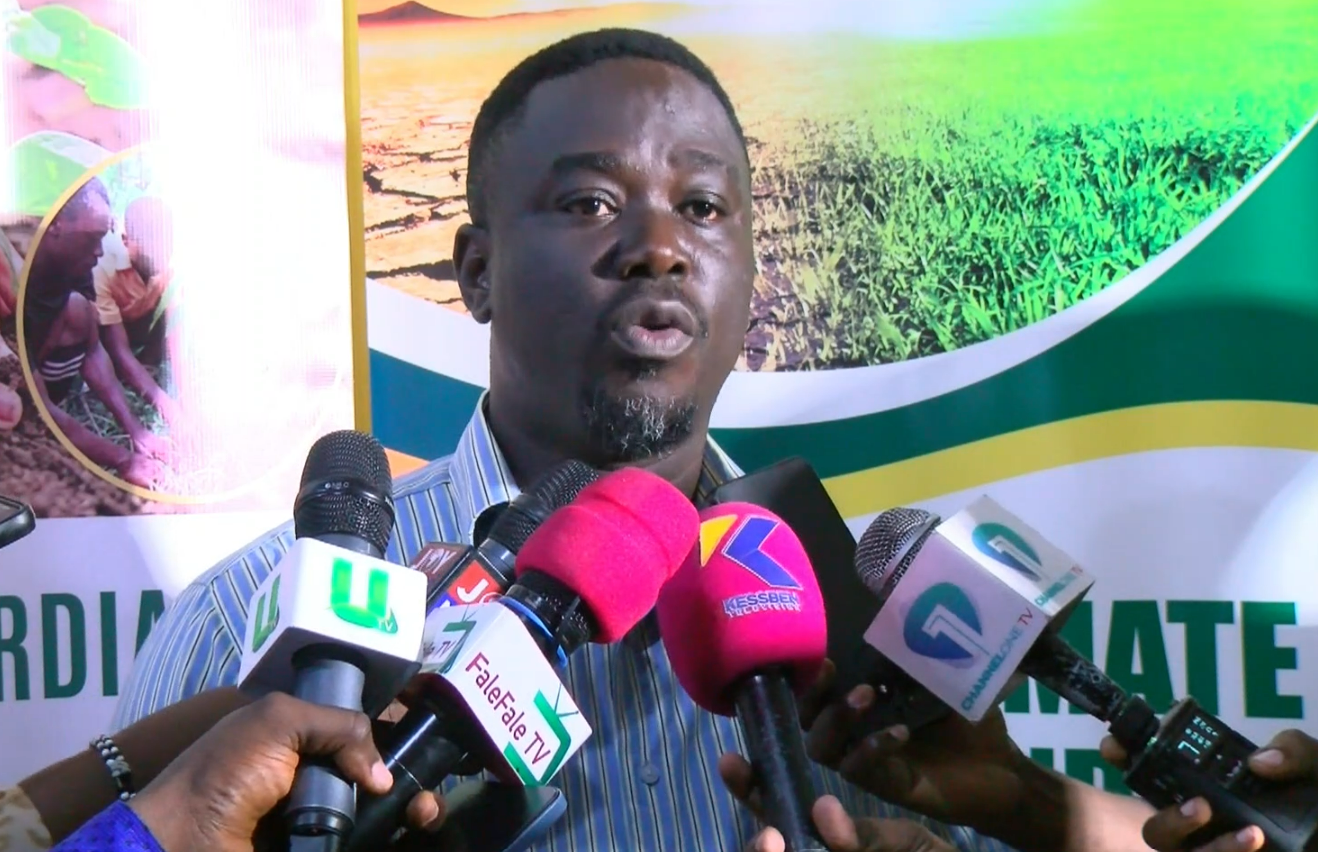Beyond reform: Next steps after Nigeria's arbitration overhaul
Nigeria recently included its name in the discourse on favourable seats for arbitration with the enactment of the Arbitration and Mediation Act 2023 (“AMA”). The country has taken another pragmatic step with the approval of the National Policy on Arbitration and Alternative Dispute Resolution 2024 (“the Policy”).
The AMA repealed the Arbitration and Conciliation Act (“ACA”) and introduced a comprehensive legal framework for modernisation of both domestic and international mediation and arbitration. It introduced several innovative provisions to ensure efficiency, transparency, fairness and enforceability in arbitration and mediation and ensuring alignment with the UNCITRAL Model Law and international best practices.
Some of these innovations introduced by the AMA include the introduction of the Singapore Convention for International Settlement Agreements, ensuring that Settlement Agreements reached through mediation can be enforced as binding contracts, or with court approval, as Consent Judgments.
The AMA moves away from the ACA and prescribes that where the Arbitration Agreement does not specify the number of Arbitrators, the default number of Arbitrators will be one, a Sole Arbitrator. It codifies common law by granting immunity to arbitrators, appointing authorities and institutions for actions taken in good faith.
It introduces new mechanisms like emergency arbitrations – allowing for the appointment of an emergency arbitrator within two business days for urgent interim relief – and expands the framework for interim measures, empowering both tribunals and courts to grant such protectionism even without notice to the other party. It allows for joinder of parties and consolidation of proceedings with party consent, clarified the statute of limitations for arbitral proceedings and provides a structure for third party funding, abolishing the torts of maintenance and champerty.
Additionally, the AMA introduces the option of an Award Review Tribunal for parties seeking a second arbitral review before approaching the court and narrows the grounds for setting aside arbitral awards, notably removing arbitrator misconduct as a basis for annulment.
Nigeria’s arbitration policy aims to establish the country as a leading hub for domestic, regional, and international commercial arbitration by encouraging disputes arising from Nigerian transactions and contracts to be resolved within its borders, thereby retaining economic benefits and expertise locally. The policy seeks to ease the courts’ caseload by promoting arbitration and alternative dispute resolution (ADR) as preferred mechanisms for resolving commercial disputes, mandating judicial respect for arbitration agreements, setting strict timelines for court involvement, encouraging punitive costs against lawyers and litigants who use the instrumentality of the courts to frustrate arbitral proceedings and directing that all arbitration appeals conclude at the Court of Appeals.
It also focuses on capacity building through public awareness, practitioner training and strengthening arbitration institutions, while aligning Nigeria’s legal framework with international standards such as the UNCITRAL Model Law, the New York Convention, and the Singapore Convention, these will enhance the enforceability of Nigerian Arbitral Awards and boost investor confidence. The Policy mandates that arbitration agreements arising from all domestic contractual relationships and international contracts with strong Nigerian connections, both private commercial transactions and government contracts performed in Nigeria, should designate Nigeria as the seat of arbitration. It mandates that disputes involving Nigerian Ministries, Departments and MDAs must be arbitrated in Nigeria, with the Regional Centre for International Commercial Arbitration Lagos (“RCICAL”) as the default appointing authority where necessary.
The Nigerian Arbitration Covenant, which is part of the Policy aims to establish Nigeria as a preferred venue for arbitration and ADR and to ensure that the Arbitration and ADR laws in Nigeria keep up with improvements in Arbitration and ADR in the international space. The Policy represents a national commitment to empowering the arbitration and ADR sector and ensuring Nigeria arbitration laws keep up to date with international principles and developments in Arbitration. The Policy addressed the challenges Nigeria has faced in its arbitration process through the introduction of comprehensive measures.
With both the enactment of the AMA and the adoption of the Policy, Nigeria is now well positioned to further strengthen its dispute resolution landscape, however strategic steps are required for implementation to realise the full potential of these reforms.
Nigeria already has a large number of internationally trained arbitrators, when compared with other countries; there should be continuous training and specialisation of practitioners and the Judiciary to meet international standards. The judiciary should establish specialised courts and divisions focused on arbitration and ADR to help reduce delays and adverse rulings and judgments in arbitral matters and thus foster a supportive judicial culture for arbitration.
I further propose that in arbitral appeals, the Court of Appeal will have the liberty to appoint amicus curiae from reputable Nigerian arbitral institutions to provide expert insights and enhance the court’s understanding of complex arbitration issues.
Periodic review and amendment of arbitration laws and policy will ensure Nigeria remains responsive to global developments and international best practices. There should also be further regulation for third party funding to attract international investors and legal funders.
The Government should mandate the inclusion of ADR clauses in government and commercial contracts to mainstream arbitration, with mediation as a first-line dispute resolution mechanism. The Policy has included an arbitration clause for use in these agreements.
Nigeria has a number of arbitral institutions and ADR centers, including the RCICAL, which was named in the Policy, expanding and equipping these centers will provide necessary infrastructure for handling domestic and international disputes. This should include digitisation of platforms for case management, virtual hearings and filing to make mediation and arbitration more accessible and efficient especially for cross-border disputes.
Nationwide campaigns targeting businesses, government agencies are needed to promote the benefits of arbitration and ADR to ensure widespread comprehension and adoption of the new legal framework. Nigeria should continue aligning its laws and practices with international conventions and seek reciprocal arrangements with other arbitration friendly jurisdictions.
Nigeria hosts several international arbitration conferences annually where trends in arbitration both domestically and internationally are discussed. The Policy provides for the establishment of the Advisory Council. Regular stakeholder engagement with the arbitration community, users in the business community and foreign investors will ensure accurate feedback and data collection to address challenges as they arise. Thus, there should be systems for tracking arbitration and mediation cases, outcomes and use satisfactions to evaluate the effectiveness of reforms and guide future improvements.
I do believe that by focusing on these steps, Nigeria can fully realise the transformative potential of its new Arbitration, Mediation and the National Policy for Arbitration and establish Nigeria as a leading arbitration hub in Africa and beyond.
Chukwuedo, is an International Arbitrator and Insolvency Practitioner. She is a Partner with Accendolaw Partners LP where she heads the ADR practice.











